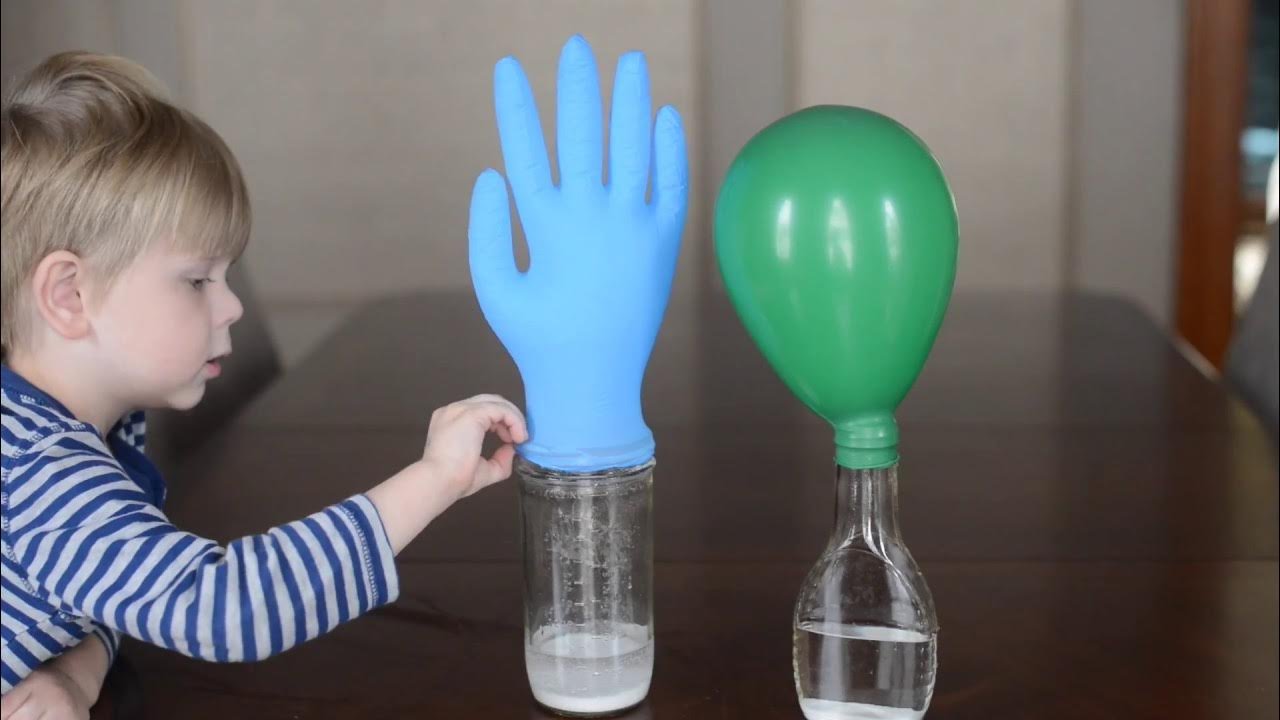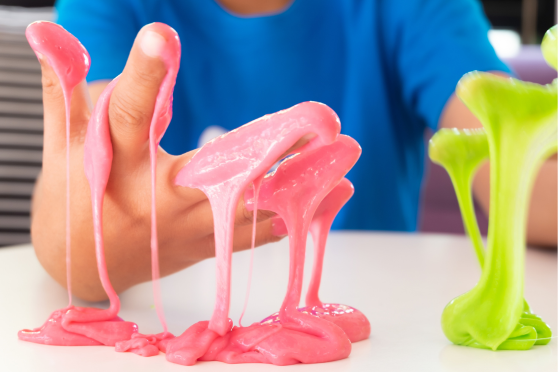As parents, one of the most challenging aspects of raising toddlers is dealing with common illnesses. Toddlers are naturally curious and often explore the world through touch, which increases their exposure to germs. While most illnesses are mild, it’s essential to understand how to handle them properly to ensure your toddler recovers quickly and stays comfortable. In this article, we will discuss the most common toddler illnesses and practical ways to manage them so you can navigate these situations with confidence.

Common Cold
The common cold is perhaps the most frequent illness that toddlers face. Symptoms often include a runny nose, cough, congestion, and mild fever. While the common cold typically resolves within a week to 10 days, it can be uncomfortable for your little one.
How to Handle It:
-
Ensure your toddler stays hydrated by offering plenty of water and fluids.
-
Use a humidifier to ease congestion and keep the air moist.
-
Encourage rest and provide comforting activities, such as reading or watching their favorite shows.
-
Over-the-counter medications like saline nasal drops can help clear up congestion, but always check with a pediatrician first.
Ear Infections
Ear infections are common among toddlers, often following a cold or respiratory infection. They can cause pain, irritability, and trouble sleeping. A child with an ear infection may tug at their ears or become unusually fussy.
How to Handle It:
-
If your toddler is in pain, use an age-appropriate pain reliever like acetaminophen, as recommended by your pediatrician.
-
Consult with your doctor to confirm the presence of an ear infection. In some cases, antibiotics may be necessary.
-
Keep your toddler’s head elevated during naps or bedtime to relieve pressure.
Gastroenteritis (Stomach Flu)
Gastroenteritis, also known as stomach flu, is a viral infection that causes diarrhea, vomiting, and stomach cramps. It’s contagious and can spread easily among toddlers, especially in daycare settings.
How to Handle It:
-
Keep your toddler hydrated to prevent dehydration. Oral rehydration solutions like Pedialyte can help restore lost electrolytes.
-
Offer small amounts of food that are gentle on the stomach, such as plain rice, bananas, or applesauce.
-
Avoid giving your toddler sugary drinks, as these can worsen diarrhea.
-
If symptoms persist for more than a couple of days, consult with a healthcare provider.
Hand, Foot, and Mouth Disease
This viral illness is most common in toddlers and young children. It typically causes fever, rash, and painful sores in the mouth, hands, and feet. It’s highly contagious and can spread through contact with infected saliva, stools, or surfaces.
How to Handle It:
-
Provide pain relief through medications such as ibuprofen or acetaminophen, as recommended by your doctor.
-
Encourage your toddler to drink fluids, but avoid acidic drinks that may irritate mouth sores.
-
Keep your toddler home from daycare or school to prevent spreading the illness to others.
-
Wash your hands frequently to avoid spreading the virus.
Chickenpox
Chickenpox is another contagious illness caused by the varicella-zoster virus. It causes an itchy rash with red spots and blisters. Though chickenpox is less common now due to vaccinations, some toddlers may still contract it.
How to Handle It:
-
Use calamine lotion or anti-itch creams to soothe itching.
-
Keep your toddler’s nails trimmed to prevent scratching and infection.
-
Offer oatmeal baths to ease skin irritation.
-
Ensure your toddler stays home until all blisters have scabbed over to avoid infecting others.
Respiratory Syncytial Virus (RSV)
RSV is a virus that causes symptoms similar to a cold but can lead to more severe respiratory issues, especially in infants and toddlers. It can cause wheezing, coughing, and difficulty breathing.
How to Handle It:
-
Keep your toddler hydrated and comfortable.
-
Use a humidifier or vaporizer to ease breathing difficulties.
-
If your toddler experiences difficulty breathing or a high fever, seek medical attention immediately.
Conclusion
While it’s common for toddlers to get sick, knowing how to handle these illnesses can help you keep them comfortable and prevent complications. Always consult a healthcare provider if you’re unsure about your toddler’s symptoms or if they don’t improve with at-home treatments. For more tips on handling different situations and to stay informed on various topics, visit gambling360.com/live-dealer for expert insights. Taking care of your toddler’s health can sometimes feel overwhelming, but staying prepared can make all the difference.










